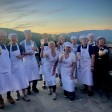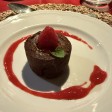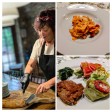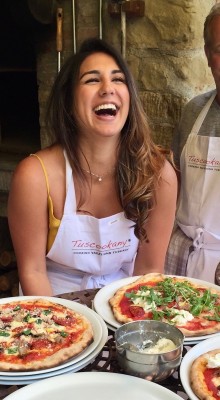The Mysteries of Ricotta Cheese - a rather cheesy story!
February 4, 2016
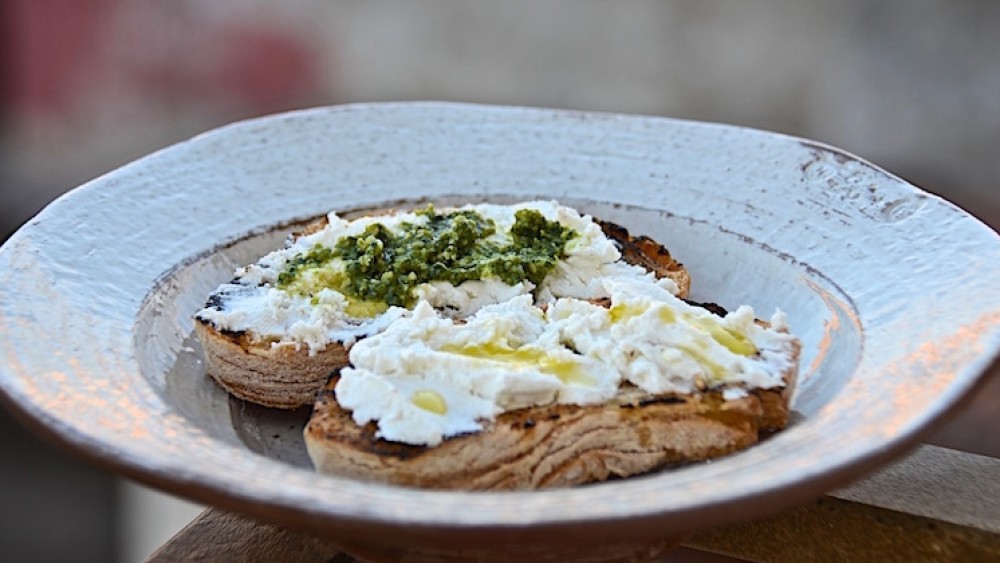
The Mysteries of Ricotta Cheese - a rather cheesy story!
The Italian ricotta is a simple cheese that can be enjoyed as it is or used as a key ingredient for sweets and main courses. The chefs of Tuscookany can introduce you to dozens of recipes that include this soft, natural wonder shipped directly from the mysterious cheese land. You should come around to one of the Tuscookany villas when our kitchen is conquered by the aroma of the famous Sicilian cannoli and cassata: yes, ricotta cheese is the secret of those delicious funny looking sweets , and yes, they are amazing. If you don’t have a sweet tooth, you will be surprised by the gift ricotta has for you: ravioli, cannelloni, and pretty much every possible stuffed pasta recipe you can think about. As a matter of fact this is the first ricotta mystery you should be aware of:
1) Ricotta has a double, sweet and salty soul.
The versatility of this cheese is topped only by its healthy constitution. The Italian ricotta, in fact, is made of whey, which makes it naturally low fat. Yes, you finally found a cheese that won’t make you feel guilty about your own cravings. So, let’s get one thing clear:
2) Ricotta is not fatty, it is healthy.
As for its origin, let’s start with the name. As it often happens, especially in the case of ingredients and recipes, the etymology of a word hides the secrets of its meaning. Ricotta comes from the Latin “recoctus” , which quite literally means cooked twice. Now, why would you call something “cooked twice”? During the production of cheese such as Pecorino, Caciotta or Parmesan, as the curdling phase begins the milk is divided from the whey. This is when the whey is collected and cooked again: welcome to the world, Ricotta. Let’s recap it, then:
3) Ricotta means cooked twice, from the Latin “recoctus”.
As you probably guessed, pretty much every Italian region has its own local recipes and traditions when it comes to ricotta cheese. In Carlantino, for instance, not far from Foggia, every year there is a peculiar festival dedicated to the Madonna della Ricotta (Virgin Mary of the ricotta cheese). It is a tradition that comes from a habit the shepherds developed through the centuries. In order to find fields for their animals free from the taxes of the landlords, these ingenious fellows used to travel to Monte San Giovanni, which had no owners. On top of this mountain, there was an emblem, which then became a church dedicated to the Virgin Mary where the shepherds used to leave gifts to express their thankfulness: milk and ricotta. Yes, you heard it right:
4) In Italy, there is a Virgin Mary of the ricotta cheese.
Italians love it, but ricotta cheese can be traced back to the origin of human kind. In fact, historians have claimed this special food is probably one of the most ancient types of cheese ever conceived by the Homo sapiens. Some civilizations even thought it was a matter of mythical roots. The Greeks, for instance, thought that ricotta cheese was discovered by Artiseo, son of the god Apollo and the beautiful nymph Cirene. Ricotta is also mentioned in the Odyssey, more specifically when Ulysses meets Polyphemus. Apparently, the hero loved it so much he decided to risk his life with the giant Cyclops, who was a crafty producer of ricotta, in order to taste some. Well, we have to admit it:
5) Ricotta cheese is a matter of gods and heroes.
And what about the Italians? It is said that Giotto, when he was a kid, used to be a shepherd and dreamt about being an artist. Inspired by the bucolic soul of the magic ricotta cheese, he carved on a rock the image of a sheep and a bowl of ricotta. As he was doing so, Cimabue passed by. He was a famous master known all over the country. The young Giotto offered him some ricotta. The master accepted the gift, noticed the carving and was so impressed he decided to offer the kid free art lessons… and the history of art changed forever. We better be thankful:
6) If you like Giotto and art, say “thank you, ricotta!”
Want to share your thoughts about Ricotta? We’d love to hear from you in the comments below:
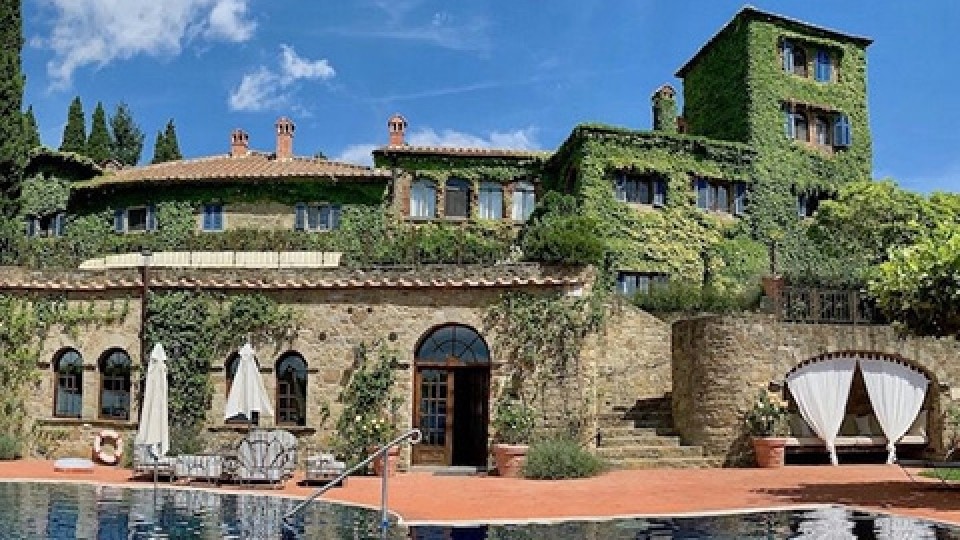
Interested in our cooking courses at one of our Tuscan villas?
Do you want to enjoy our Tuscany cooking classes with plenty of time to explore in your free time, all while staying in an amazing villa?
Reviews
How our guests experienced the Tuscookany courses
Reviews from our former guests made about their visit to Tuscookany on TripAdvisor, facebook, Twitter, Google, Chow and Yelp.


